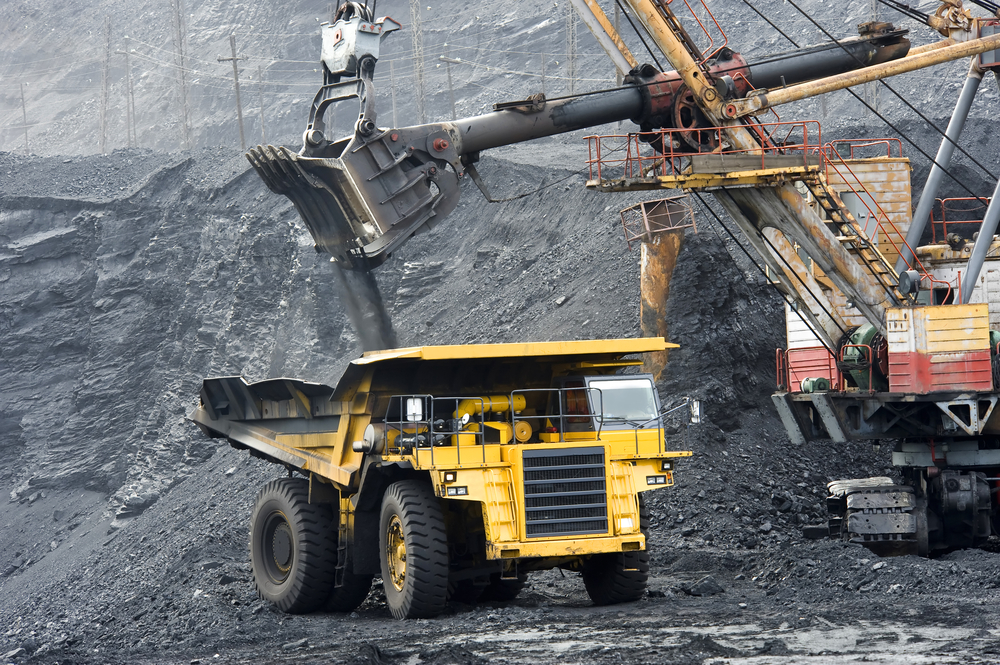Listening to an interview on Australian national radio this morning, jaws dropped when the discussion of exporting coal not once mentioned the impact on climate. Lines such as "we should be proud of our coal industry" were used in an effort to justify the construction of Adani's Carmichael coal mine, without a mention of climate change in sight. Construction of coal-fired power plants dropped a significant 62% worldwide over the past year, making it more surprising that in a time where entire countries are achieving an almost 100% renewable energy mix, there is still support for coal in Australia.
The argument presented that the "Adani Carmichael coal mine itself won't increase greenhouse gas emissions if it displaces coal from other sources" seems counterintuitive in a news cycle where successes in fighting climate change are gaining greater and greater attention. There have been many moments of celebration, as cities and entire countries around the world move to renewable energy, making it even more remarkable that the benefits of constructing coal mines is still favoured as newsworthy, and not for all the wrong reasons. Coal is the highest emitter of CO2 emissions of any fossil fuel, contributing 41% of the 9.9billion tonnes of carbon that came from fossil fuels in 2015. Think of the impact that the Carmichael mine could add, proposed to be the largest in the southern hemisphere, producing three times the annual emissions of New Dehli or double that of Tokyo.

Along with the devastating environmental effect, the long lasting effect on people's health needs to be considered too. 1.2 million people die annually in India from air pollution alone, only minimally less than caused by tobacco use. With the effects of tobacco now widely accepted as damaging to health, stats such as these should have alarm bells ringing. The Carmichael mine wants to supply India with coal containing 10 time more ash than the brown coal currently mined in India, raising serious health concerns. The pollution produced from burning high ash coal is associated with respiratory illness such as asthma, heart diseases and lung cancer, contributing to the huge crisis India is already facing. Politicians are trying to argue that coal will help ease poverty in India, but with the devastating health implications that follow it will be worse for their livelihood, already costing India 3% of it's GDP.
Although coal produces 40% of global power, compared to the 23% produced by renewables, great change is on the horizon. The capacity for energy production from renewable sources now outweighs coal, so the key now is making the switch to using it. Individually it seems that it's hard to make a change when politicians and corporations are writing a narrative where "we should be proud of our coal industry", but knowing where your energy comes from, choosing renewable and investing your money actively are just a few ways to make an impact in a time where we are so close to entering a new energy age.
Read this next: Don't Bank On Coal: How These Young Aussies Are Stopping One Of The World's Largest Coal Mines
We're in a climate emergency and it's going to take all of us to get out of it. That's why 1 Million Women is building a global community of women committed to fighting climate change with our daily actions. To join the (free) movement just click the button below!

